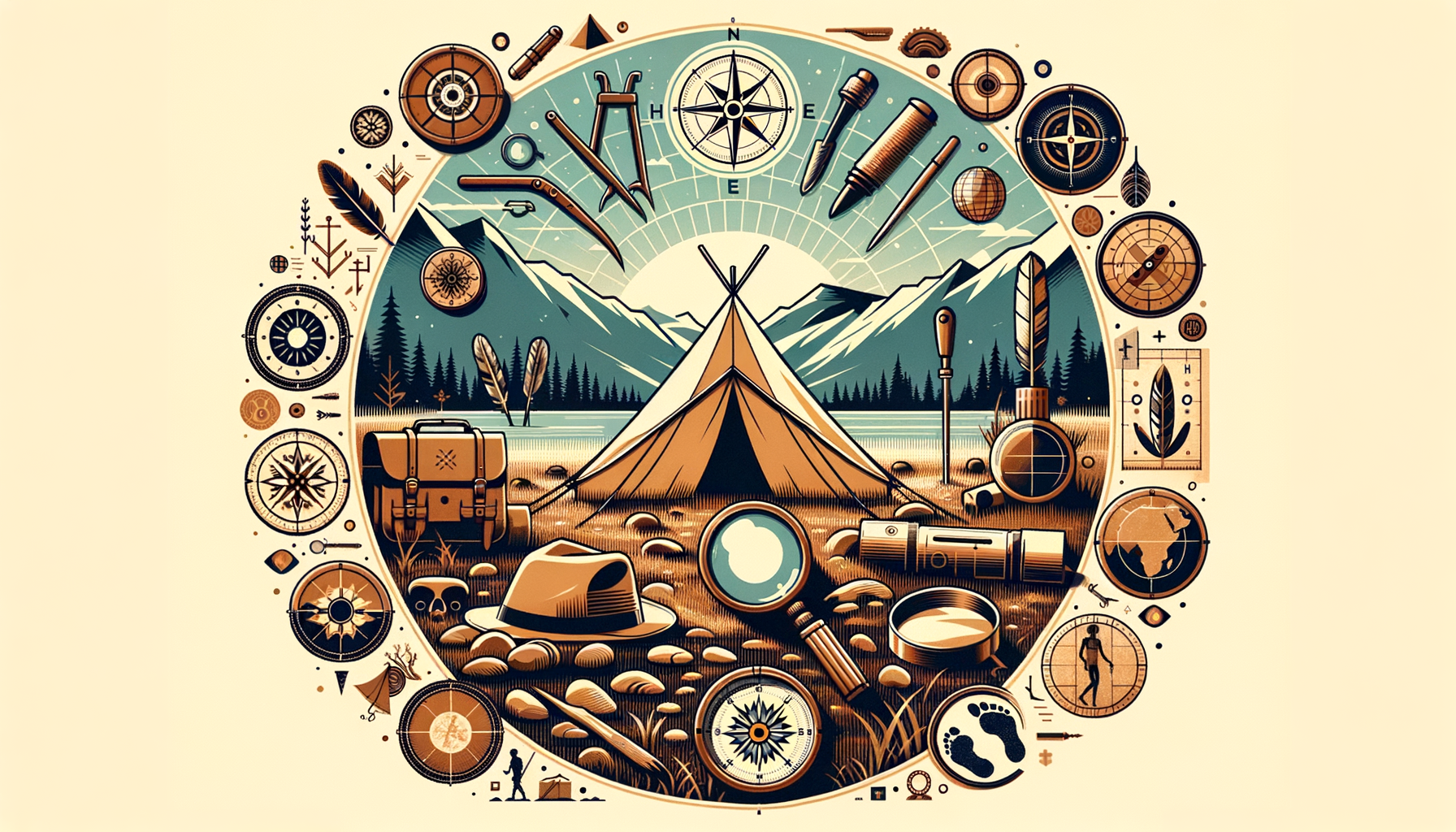I was eleven the first time I realized people could be wildly, breathtakingly wrong about you. My fifth-grade teacher, Mrs. Peterman, handed back our poetry assignments, scribbled with feedback in red pen. I’d spent hours on mine—a piece about the osprey that nested near the lake’s edge—and she wrote, “Lovely try—keep working on rhyming!” Rhyming. As if I’d spent my time crafting a Hallmark card instead of, in my mind, channeling the spirit of Henry David Thoreau. I stared at the comment like it was in another language. Mrs. Peterman didn’t “get me,” and I felt the sting of that misread for days.
But this story isn’t about the first time I felt misunderstood. It’s about the first time someone saw past the hand-knit sweaters and introverted tendencies to say, “Ah, there you are.” And trust me—it wasn’t until adulthood that I learned how monumental it is to be truly, gloriously recognized for who you are. Spoiler alert: feeling “seen” doesn’t just happen randomly. Sometimes life sends you a person who unexpectedly holds up the mirror, but it often takes letting go of defenses and being honest with yourself first.
Let’s rewind.
A Karaoke Bar and a Revelation: The Setup
The moment happened in a karaoke bar, the kind of overly sticky place that smells faintly like spilled beer and last night’s decisions. It was one of those evenings when I’d let someone talk me into “fun,” even though I know my idea of a good time skews more toward reading about moss than a microphone. But out of social guilt—and perhaps to squash the reputation as the Friend Who Always Cancels—I agreed.
I wasn’t singing that night, obviously. I wasn’t even drinking. I was just a passive observer tucked into a booth, silently building a dissertation in my head about how alcohol-fueled renditions of “Livin’ on a Prayer” are modern-day mating calls.
That’s when Jordan, a friend-of-a-friend, slid into the booth opposite me. “You’ve been staring at everyone like an anthropologist in the wild,” they said, laughing but not unkindly. I balked. These weren’t words pulled at random; they were precise, like darts hitting the bullseye in the dark. I offered a faint smile and tried to deflect, but Jordan leaned in, their curiosity cutting through my usual shield of shyness.
“You’re not bored,” they said with sudden clarity. “You’re cataloging. Like…making a mental map of humanity. Aren’t you?”
Whoa.
In that moment, I felt my soft underpinnings—the way I watch and think and process—laid bare. For the first time, someone wasn’t perplexed by my quiet reserve or mistaking it for disinterest. Jordan saw my curiosity for what it actually was: a hunger to understand, a desire to connect in my peculiar, detail-driven way. Instead of calling me “too quiet” or teasing me for standing so far back from the fray, they named something real in me. It hit like sunshine after weeks of gray skies.
The Trouble with Playing Small
Here’s the thing: people can’t see you if you spend all your time hiding behind half-truths. We get so good at contorting ourselves to fit what we think the world wants that we forget the thrill of being our true selves.
I spent much of my 20s doing exactly that. I was the “cool girl” who downplayed her love of birdwatching and only admitted to writing poetry if cornered, like some teenage emo kid in denial. I said yes to forgettable first dates over craft beer even though I secretly found IPAs disgusting, and I pretended not to care when people said, “You're so hard to read.” Inside, I wanted to shout, “No, I’m just careful!”
It wasn’t until moments like that conversation with Jordan that I realized the problem wasn’t other people failing to “read me”—it was me handing them the wrong script. I was too busy filtering my personality through what I thought would make me likable that I forgot the truth about real connections: they’re rooted in authenticity, not approval.
Why Feeling Seen Is Such a Big Deal
Sure, it feels good when someone notices your new haircut or actually remembers you hate cilantro. But being truly seen goes deeper. It’s when someone not only observes who you are but also reflects it back to you in a way that says, “I get it, and I like it.” Sometimes, it’s not even romantic—it can happen through a friend, a family member, or even someone you just met. It’s a sacred kind of validation because it’s not about the surface stuff. It’s about the core of who you are.
So why does this feel as rare as finding a four-leaf clover? Because feeling seen requires risk. It demands that we drop the armor and let someone in. Eye-roll-worthy as it sounds, Brené Brown was onto something when she said vulnerability is the path to connection.
Practical Ways to Let Yourself Be Seen
Getting to that magical “aha” moment requires some work. Here’s how to make it more likely:
- Stop Playing the Role You Think Others Want: If you’re ditching hobbies or opinions because they don’t fit into someone’s idea of “cool,” it’s time for a reset. Who even decides what’s cool? Be into what you’re into.
- Speak Up (Even About the Weird Stuff): Whether you’re nerdy about fungi taxonomy or collecting vintage postcards, share it. The right people will lean in; the wrong ones will weed themselves out.
- Start Small: If the idea of total vulnerability makes you sweat, start with little things. Open up to a trusted friend about something you’re passionate about, even if it feels silly.
- Pay Attention to Who Pays Attention: Take note of who actually sees you. These are the keepers—the people noticing the details others skim past.
- Drop the Fear of Judgment: Some people won’t get you, and that’s okay. It’s better to be misunderstood occasionally than spend your life bending into shapes that don’t fit.
What Happened After the Karaoke Bar?
Jordan became someone I couldn’t stop talking to, partly because they made it easy to be myself and partly because no one else had called me an anthropologist in the wild before. It didn’t morph into some grand love story with a Hollywood-worthy soundtrack (cue a montage of tearful reunions and hand-holding in the rain), but it didn’t need to. What mattered was that moment—a flicker of connection that reminded me I didn’t have to keep editing out the parts of myself I thought were “too much” or “too weird.”
Feeling seen, even briefly, is like hitting a reset button on your self-perception. And once you taste it, it’s hard to go back to living life half-hidden.
Here’s your takeaway: Not everyone will get you. In fact, most people won’t. But when you meet someone who truly sees you, it’s a tiny act of magic, one that makes all the daring, honest moments leading up to it absolutely worth it. So go on—let someone in. You might be surprised at who sticks around.




















